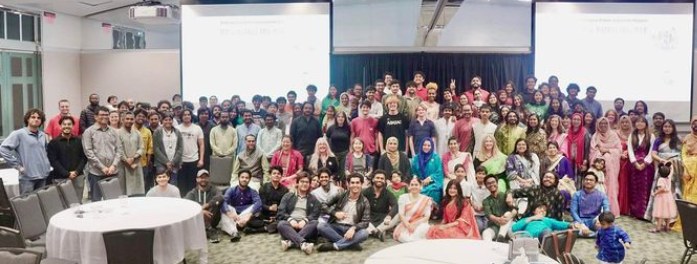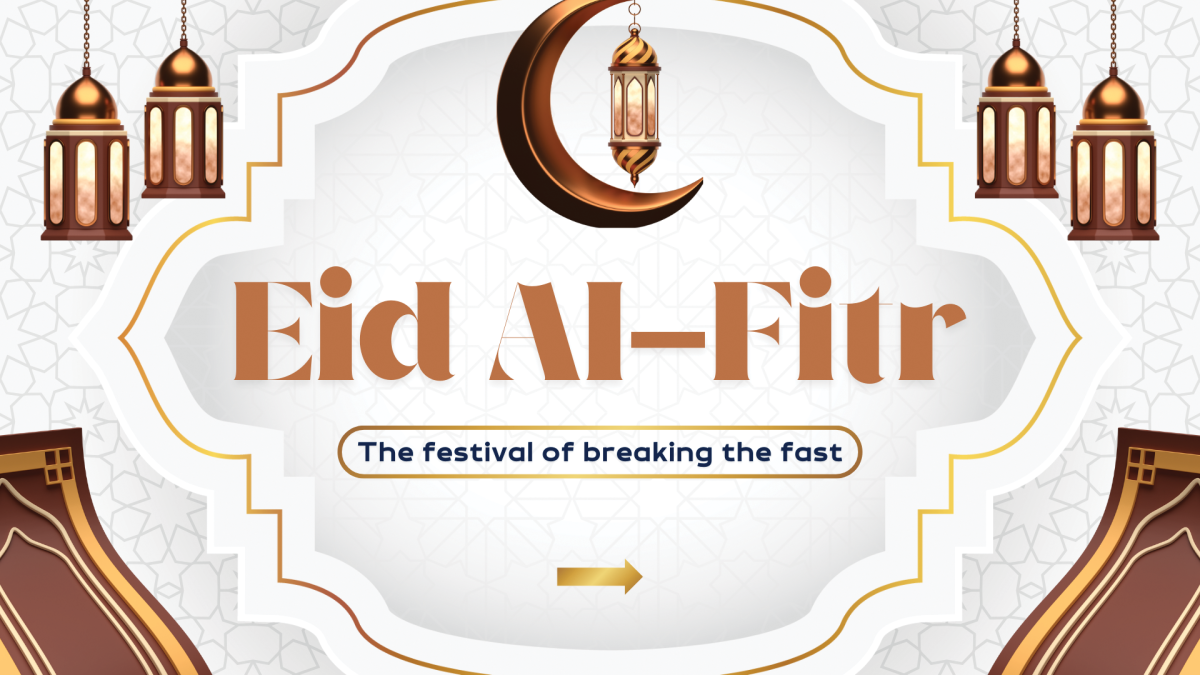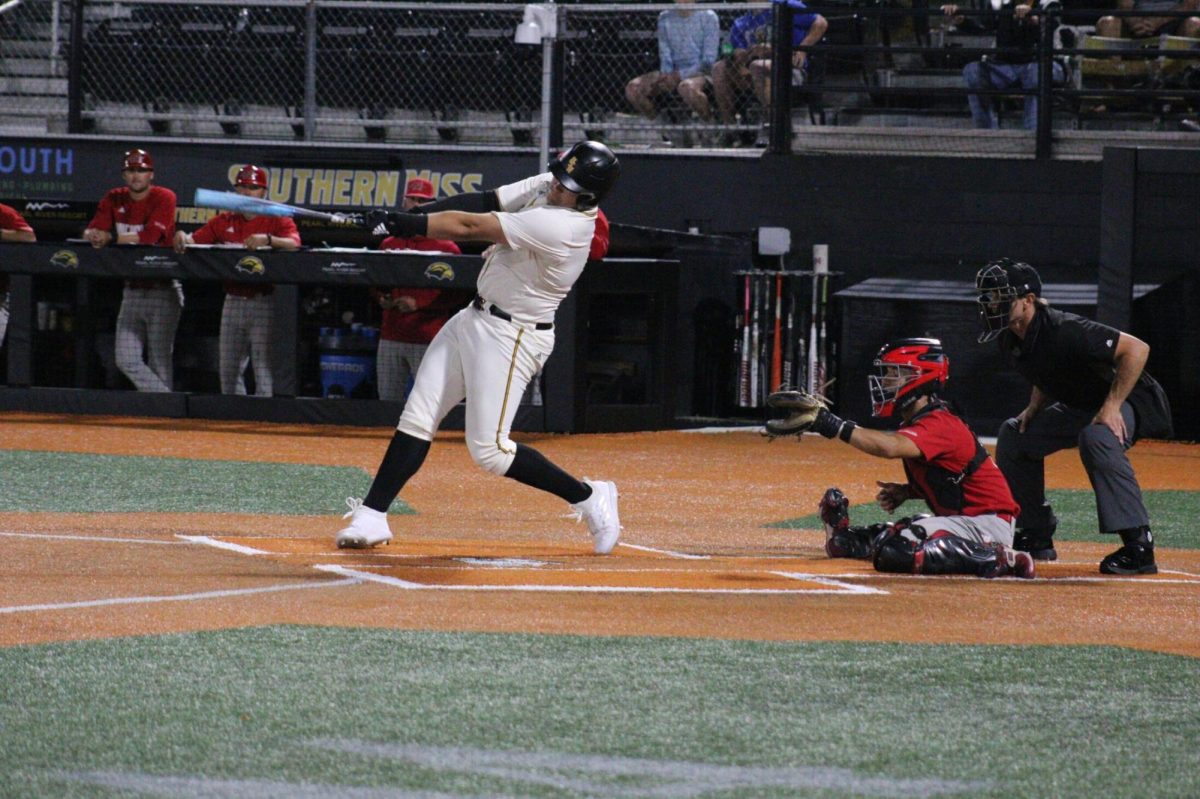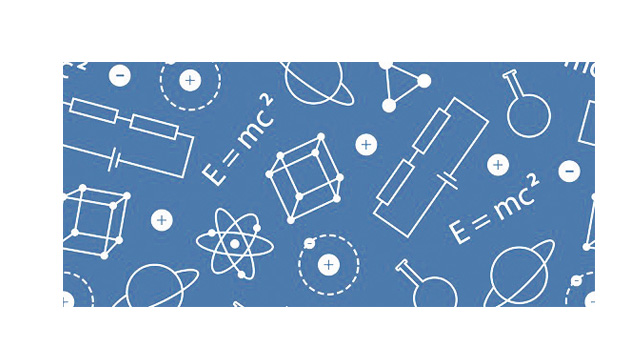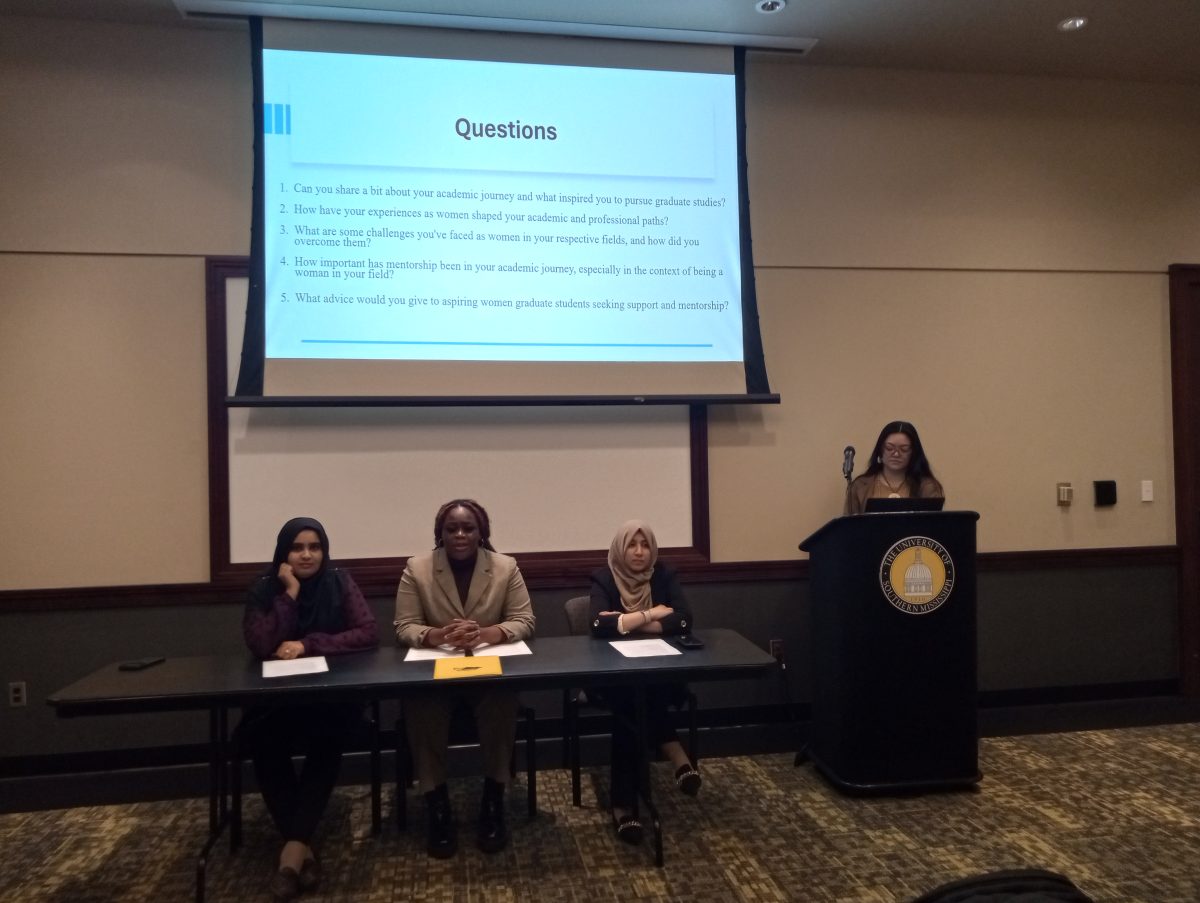Once the world leader in scientific exploration and discovery, the United States currently lags behind in science education, being ranked 38th out of the Top 40 world nations, according to a 2015 report by the World Economic Forum.
In an attempt to improve scientific education at USM, one associate professor of physics and astronomy offers students an opportunity to actively engage the subject, thereby increasing comprehension and retention of information.
USM hired Christopher Sirola as a specialist in science education to shape the field. Sirola believes conventional teaching models that encourage rote memorization are limited and ignore natural learning processes.
“Most lectures are passive,” Sirola said. “You sit there, you take notes and you listen to some professor drone on about some subject, and then you’re expected to have all of this wonderful knowledge that you just apparently absorb. Turns out the human brain doesn’t do too well with that.”
Sirola said as a social species, humans learn through interaction, and his teaching methods emphasize active participation.
“The better way to learn is to be more actively involved and one of the better ways to do that is to have them talking to each other,” Sirola said. “Humans are a social species and a great deal of how we learn is interaction.”
He said finding ways to encourage students to think critically is essential to his teaching methods.
“One of the big things that has been tried, and sort of works, in this field is called ‘cooperative learning,’” he said. “That is you get students into small groups and when you do a lesson and activity, you structure it so that they share with each other as they’re doing that activity. The idea is that it helps promote learning amongst the entire group.”
In Sirola’s classes, students work together on quizzes and other assignments and come to conclusions as a group. Students are encouraged to critically consider the group answers and decide whether they agree. Then, informed by group participation, each student turns in a quiz assignment sheet to be graded individually.
“You can get the benefits of some group work,” Sirola said. “If you wish, you don’t have to, I don’t make it a requirement, but if you want to collaborate with friends and neighbors on a quiz, you’re free to do that.”
Sirola also encourages class participation beyond graded assignments, integrating critical thinking exercises during the course of his lectures.
“I’ll take the class and divide it up into two sides: ‘Yes, Pluto should still be on the list,’ and ‘No, Pluto is no longer a planet’ — and you, on your own, have to come up with as many reasons to defend your position as possible,” Sirola said.
Students defend their positions based on whether Pluto possess any of a number of planetary characteristics, such as having moons, significant mass and an orbiting pattern similar to other planets. Sirola said considering these various factors engages students and teaches them to apply critical thinking skills to other facets of their studies.
Sirola believes it is the duty of teachers to provide USM students with the best education possible, and that is what he aims to do.
“You’re forking over a lot of money—alotoftime,alotof effort, and we should be doing right by you guys,” Sirola said. “That’s what it is ultimately all about.”




